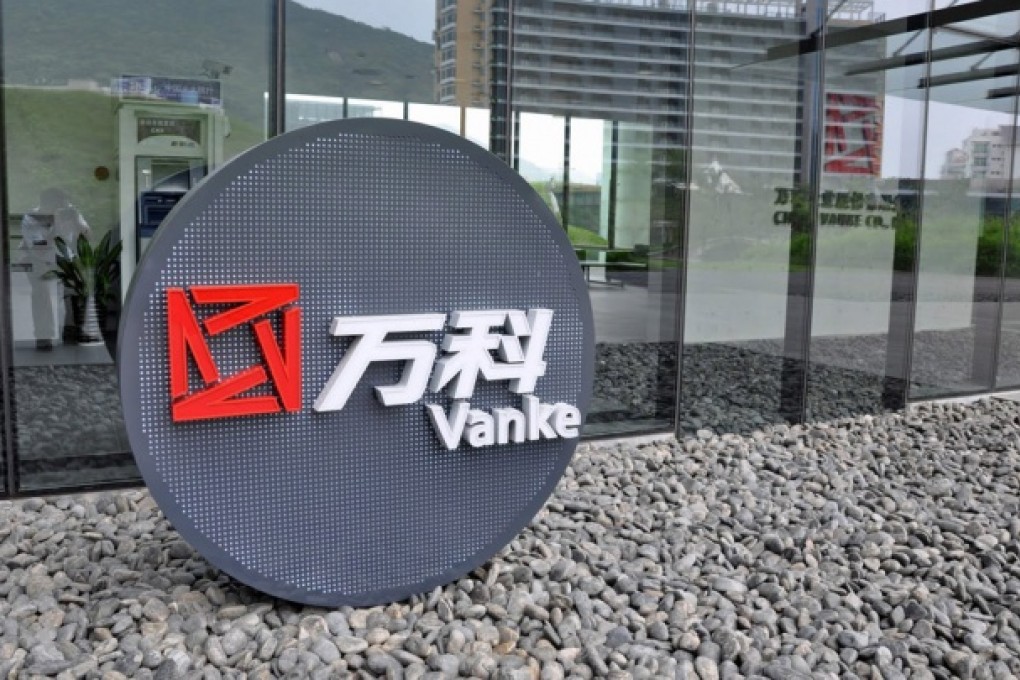China developers' profits fall as debt rises
Aggressive sales and marketing strategies boost cash flow for some but stringent housing market controls push up net gearing ratios

Mainland developers recorded higher debt ratios and falling net profit last year amid stringent controls on the housing market, a survey has found.
The research, which surveyed 184 mainland developers, all listed in Hong Kong, Shanghai or Shenzhen, was conducted by the China Real Estate Research Association, China Real Estate Association and China Real Estate Appraisal.
These listed companies' net gearing ratio last year climbed nearly 9 percentage points to 64.4 per cent, from 55.6 per cent in 2011, the study revealed.
"Although some developers launched aggressive sales and marketing strategies which boosted their cash flow and lowered the liquidity pressure, this industry's gearing ratio was still wandering around the historical high level," the study said.
"Despite listed developers speeding up their pace to seek overseas financing, the funding channels were still limited," it continued.
The number of developers that posted a drop in operating profit rose to 87 last year from 26 in 2011, the study said.